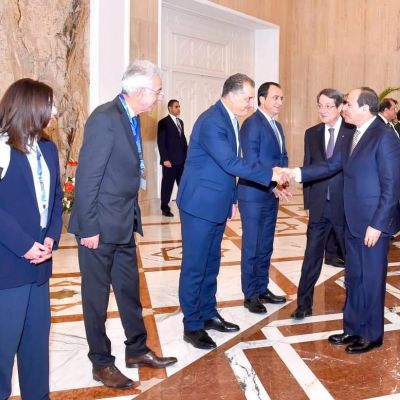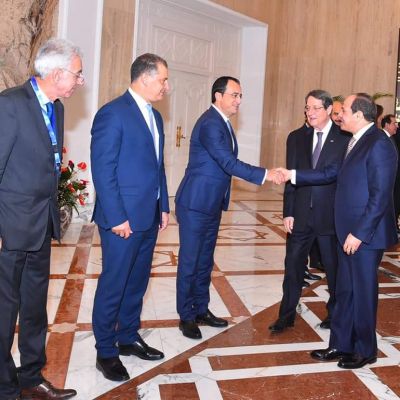
Supreme Court is on Friday set to decide the case in which Lawyer Edward Murangwa contested some provisions of the law determining the sources of revenue and property in decentralised entities – also known as property tax law.
Murangwa and his two lawyers argued that the provisions in question, of the law enacted in September last year, are in contravention of fundamental human rights to land and other private property which are enshrined in articles 34, and 35 of the Constitution, mainly as they set prohibitive tax.
The case which the Supreme Court started trying in October this year, attracted five amici curiae – Friends of Court – during the substantive hearing held on November 1, majority of whom were in support of the petitioner.
They include the University of Rwanda’s School of Law, and Transparency International Rwanda (a non-governmental organisation) and three individuals.
During the two previous hearing, the petitioner said that articles 19 and 20 of the said law are in violation of people’s rights as the former imposes a 50 per cent increase in tax on each square metre beyond the standard size of 300 square meters for any plot of land while the latter charges an additional tax of 100 per cent on an undeveloped plot.
This, the petitioner claims, puts citizens at risk of losing their land if they fail to pay outstanding tax obligations.
Most of the Friends of Court contended that it is discriminatory and unfair that the current law imposes higher tax rate on residential houses which is double that on commercial buildings, and 10 times more than that of industrial buildings.
The petitioner and the Friends of Court said that is discriminatory and unfair that the current law imposes higher tax rate on residential houses which is double that on commercial buildings, and 10 times more than the tax rate on industrial buildings.
However, Senior State Attorney Fiat Cyubahiro, who represented the Government of Rwanda as a respondent in the case, told the Supreme Court that the provisions of the law were not infringing on the property rights set out in the constitution.
Cyubahiro said that the constitution allows the government to set tax and determine how it should be collected, explaining that the additional 100 per cent tax on unutilised plot was intended curb speculation, and ensure that land is used for what it was meant.
On the issue of higher tax levied on residential houses compared to commercial or industrial buildings, the government side replied that it was in line with encouraging investments in the commercial and industrial sectors.































